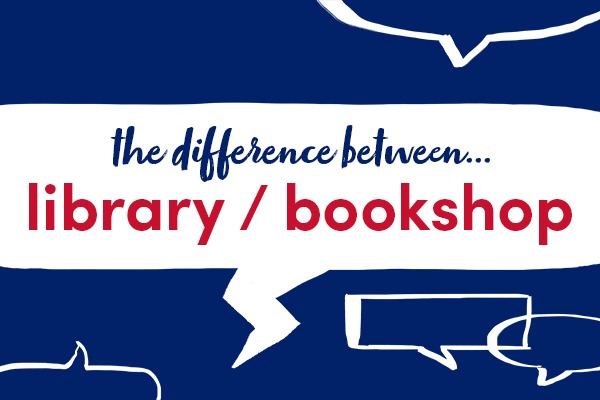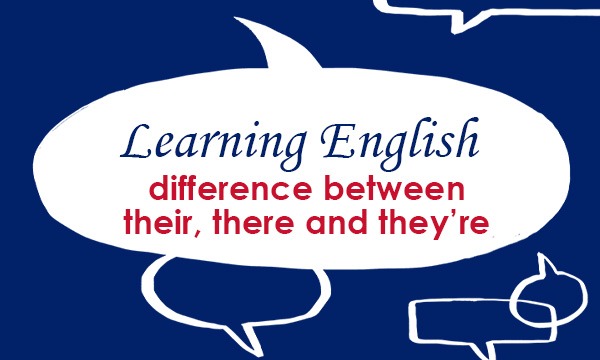This week we are looking at different buildings associated with books: library and bookshop or bookstore.
library

A library is a building where books are kept that people can look at or borrow.
You can borrow the book from your local library.
A library is also a private collection of books, or a room in a large house where books are kept.
I once stayed in one of his houses and saw his library.
bookshop

In Britain, a shop where you can buy books is called a bookshop.
I went into the bookshop to buy a present for my son.
bookstore
In America, it is called a bookstore.
My wife works in a bookstore.
Find out more in our English Usage article.
This blogpost is based on Collins COBUILD English Usage, written for learners of English. For more examples of English usage points, please visit: https://grammar.collinsdictionary.com/english-usage.
All opinions expressed on this blog are those of the individual writers, and do not necessarily reflect the opinions or policies of Collins, or its parent company, HarperCollins.



